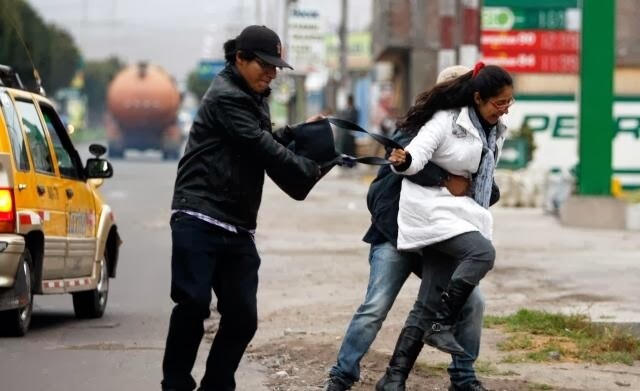
According to an imaginary survey on the causes of the persistence of insecurity, various factors emerge as responsible for this problem. Justice, for example, is highlighted as a highly politicized and corrupt area, where politics plays a crucial role in this corruption. The election of judges through political agreements exposes them to partisan influences that condition their independence, undermining the ethics and morals fundamental to their position.
This reality creates an environment prone to biased judicial decisions, influenced by friendship or favors received, to the detriment of an impartial administration of the law. This situation, laden with corruption, undermines trust in the judicial system and fuels impunity, contributing to urban insecurity.
The lack of adequate training and resources in security forces is also identified as a determining factor. Job and salary precariousness, coupled with poor working conditions, have led to a relaxation in personnel selection, where vocation and service have been replaced by the need for employment. This situation has facilitated the entry of individuals with criminal links into security forces, compromising their effectiveness and generating distrust among the population.
Moreover, the exposure of security agents to marginal environments, combined with their precarious economic situation, makes them vulnerable both in their work and personal lives. This vulnerability is heightened in the face of better-armed criminals willing to use lethal force without hesitation. The lack of support and protection for this personnel, along with the absence of resources for their work, makes them easy targets for the crime they claim to combat.
In this context, society itself plays a crucial role in perpetuating negative stereotypes and distrust towards law enforcement. The dissemination of beliefs like "easy trigger" stigmatizes security agents, creating a climate of distrust and confrontation that distances the community from its protectors.
It is necessary to reflect on these dynamics and support a structural change that strengthens justice, equips security forces with resources, and promotes a culture of mutual respect and collaboration for the sake of a safer and fairer society for all.














